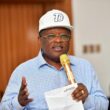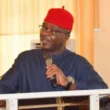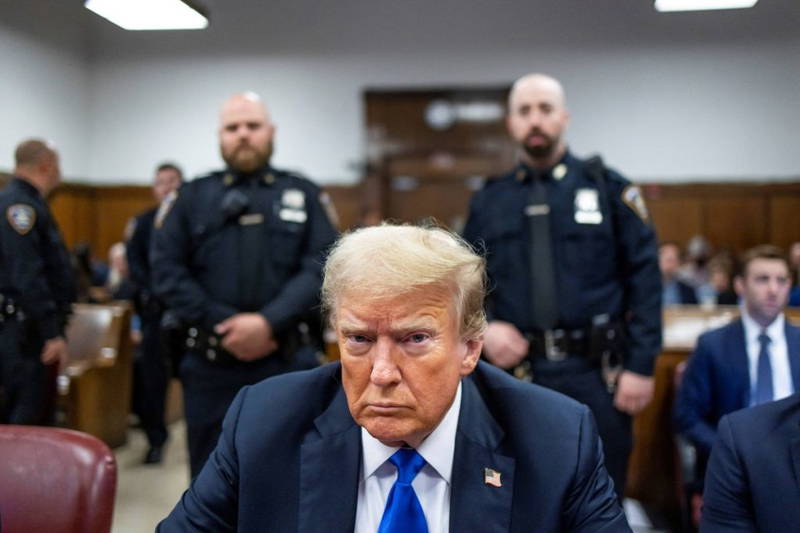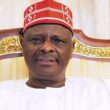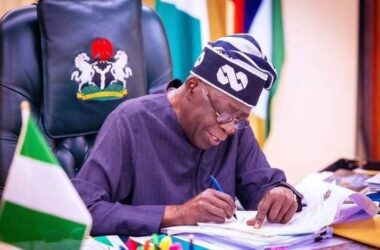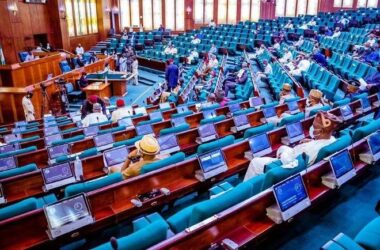BRICS leaders meeting in Rio de Janeiro from Sunday are expected to decry Donald Trump’s hardline trade policies, but are struggling to bridge divides over crises roiling the Middle East.
As the 2025 BRICS summit prepares to kick off in Rio, tensions are rising among the world’s top emerging economies over the return of aggressive US trade measures.
Sources close to the talks say the group — made up of Brazil, Russia, India, China, and South Africa — is working on a joint statement that criticizes the sharp rise in US tariffs, which have shaken global markets since former President Donald Trump returned to office in January.
These countries, which account for nearly half of the global population and around 40% of the world’s economic output, have grown concerned about Trump’s latest move. Starting Friday, letters will reportedly be sent out to several trade partners informing them of new tariff rates, set to take effect on July 9.
Diplomats from the BRICS nations and other developing countries are meeting behind closed doors in Rio to finalize the wording of their declaration. Though they do not plan to name the United States or Trump directly, the message is expected to carry strong criticism.
“We’re anticipating a summit with a cautious tone: it will be difficult to mention the United States by name in the final declaration,” noted Marta Fernandez, head of the BRICS Policy Center at the Pontifical Catholic University in Rio.
China, in particular, is wary of pushing too hard, as it has only recently settled a trade dispute with Washington. “This doesn’t seem to be the right time to provoke further friction” between the world’s two leading economies, Fernandez said.
The BRICS summit, originally designed as a space for fast-growing economies to discuss development, has over time grown into a platform seen as countering Western influence — especially that of the United States. However, this year’s summit is losing some of its momentum due to the absence of top leaders.
President Xi Jinping of China will not attend the gathering — the first time he has missed a BRICS summit since becoming president over a decade ago. His decision is drawing attention.
“I expect there will be speculation about the reasons for Xi’s absence,” said Ryan Hass, former China director at the US National Security Council and now a fellow at the Brookings Institution.
“The simplest explanation may hold the most explanatory power. Xi recently hosted Lula in Beijing,” said Hass.
Russian President Vladimir Putin, who faces an international arrest warrant over alleged war crimes, will also not be there in person. Instead, he is expected to join the summit via video link, according to a statement from the Kremlin.
Hass also notes that the presence of India’s Prime Minister as a guest of honor in Brazil may have influenced Xi’s decision to stay away from this year’s meeting.



